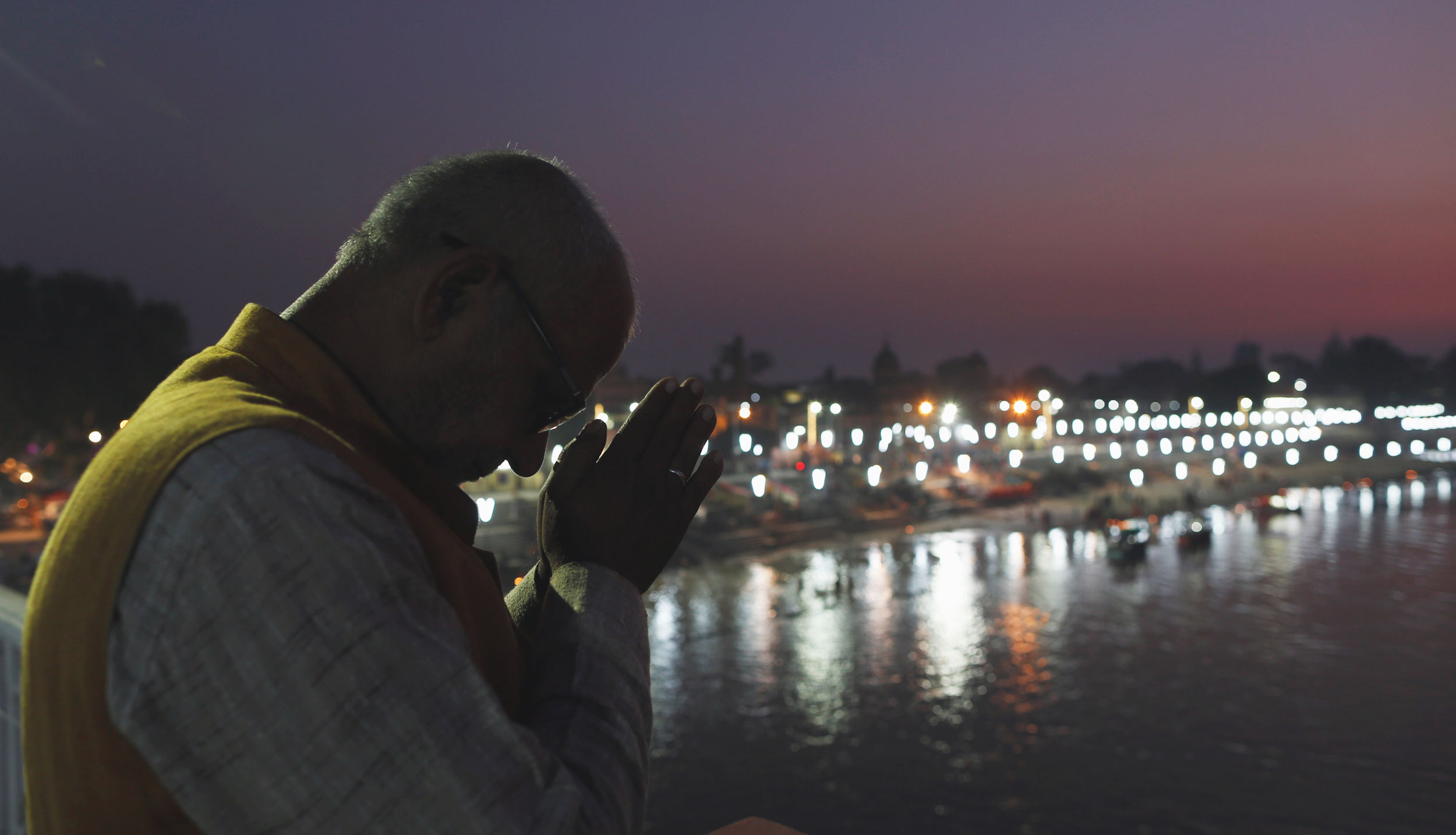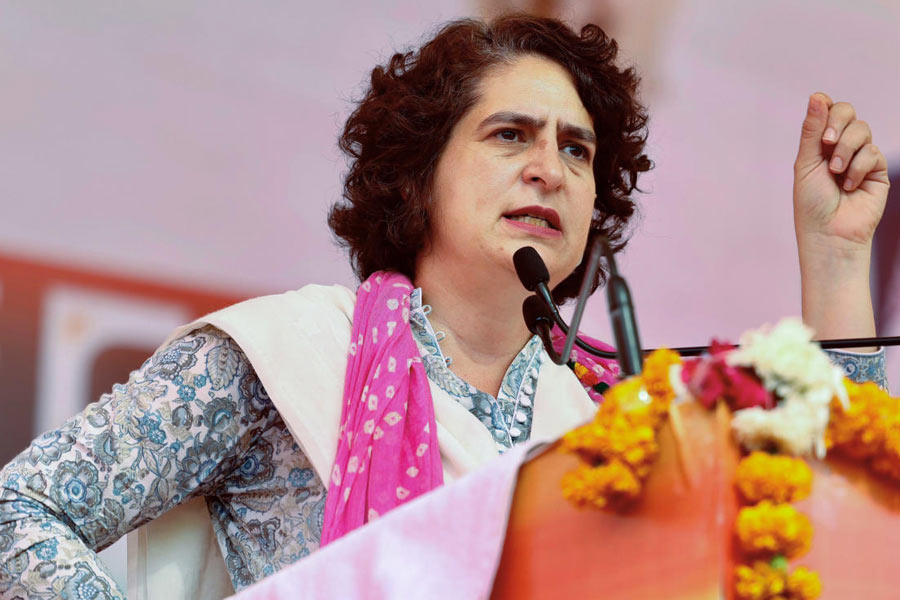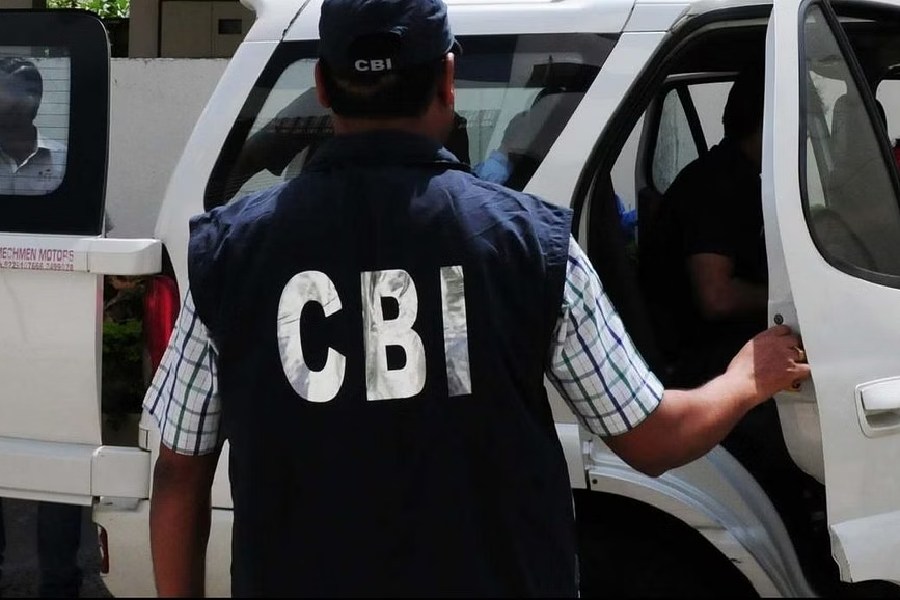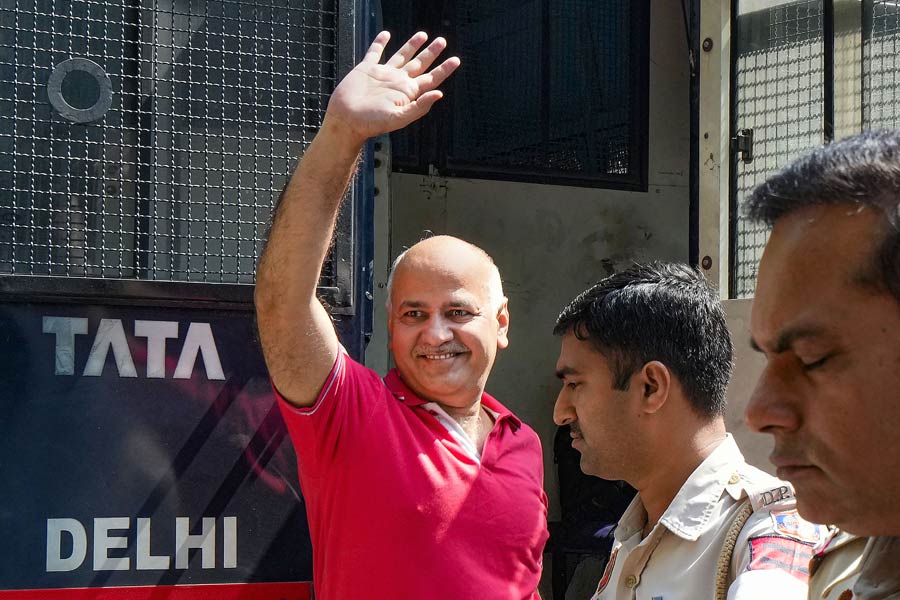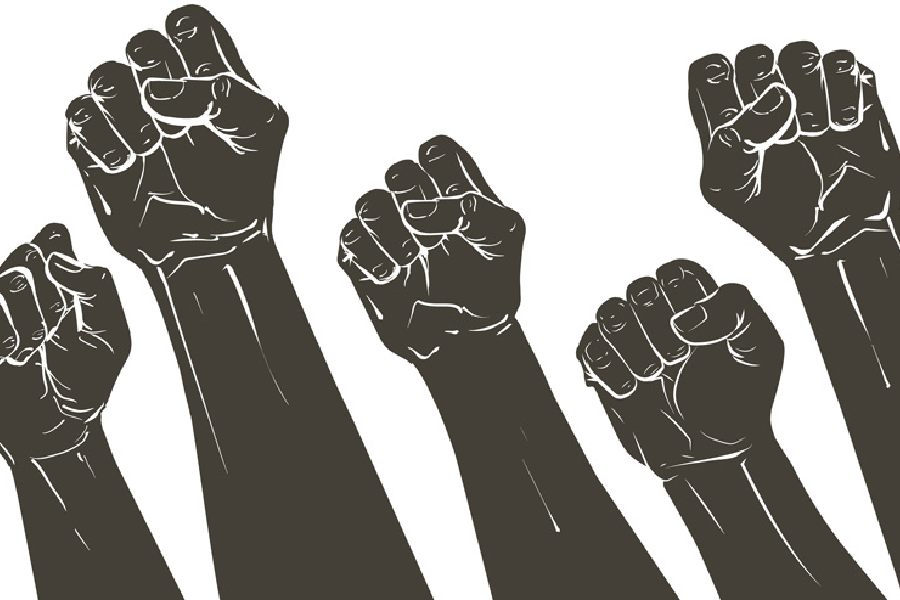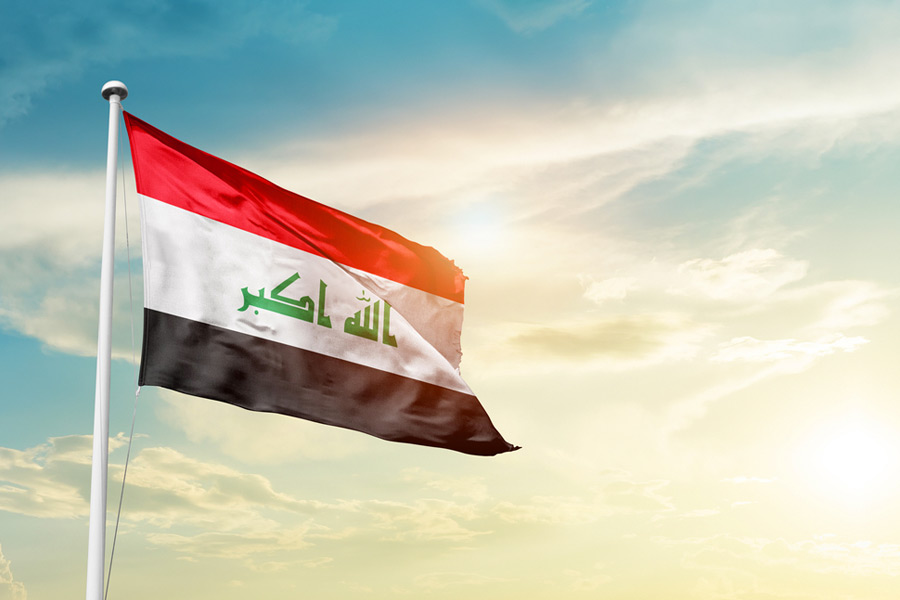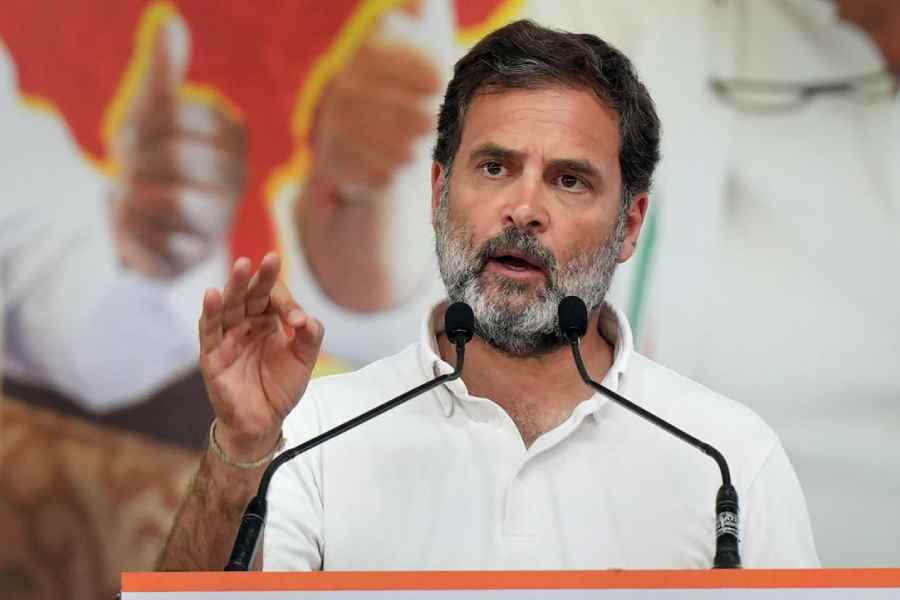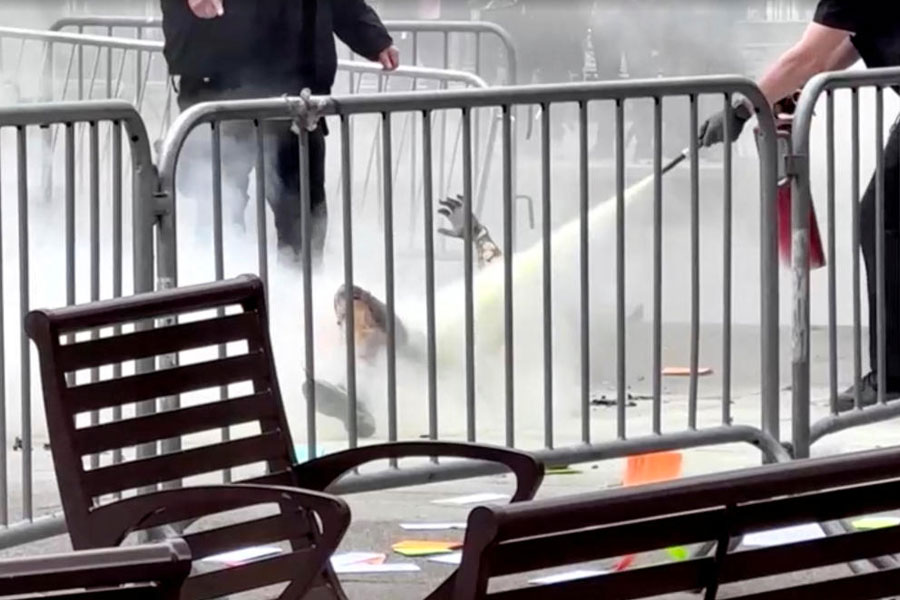The night before the verdict, Mohammad Qurban, a resident of Chowri Bazar near Jama Masjid in Delhi, had felt restless and could not sleep.
So, the next morning the 67-year-old electrician went to the historic mosque and offered his fajar namaz (morning prayer), seeking a “favourable” judgment.
A few hours later, the last glimmer of hope he and his friends had been harbouring was “extinguished forever”.
“My friends and I had witnessed the demolition of the Babri Masjid on television, watching it being brought down brick by brick on that horrific day,” Qurban, sitting with three friends outside his home in the crowded neighbourhood, said.
“We had since then been oscillating between despair and hope, waiting for justice to be delivered one day. But the 27-year wait hasn’t been worth it.”
He broke down while recalling the scenes of the demolition that “remain etched in my memory and will never fade away”.
Wiping his tears, he muttered an Urdu couplet: “Tumhara shahar, tum hi qatil, tum hi mudai, tum hi munsif, humein yaqeen hai hamara qasoor niklega (The city is yours, you are the murderer, you the petitioner and you the judge; I’m sure my guilt will be established).”
His friends Subhan, Roshan and Alamgir, all in their late 60s, looked despondent too.
“Even the day chosen for the verdict fell just a day before the Prophet’s birth anniversary, which is celebrated by Muslims. Nothing can be more terrible than this,” Alamgir said. “We continue to suffer in silence.”
A group of young men in their 20s who were taking out a procession to celebrate the Prophet’s birthday requested the four elders to join in.
Noticing Qurban’s moist eyes, one of the youths embraced him. “Please let bygones be bygones. Can you imagine what would have happened if the verdict were in our favour?” said Mohammed Salman, a BA student at Jamia Millia Islamia who hadn’t been born when the Babri Masjid was demolished.
“There would have been riots. We should respect the court’s verdict and move on.”
Salman’s friend Subhan, who is doing his MBA from a private institute in south Delhi, said: “It’s good that the Supreme Court has resolved this decades-old dispute. Even if the verdict had gone in favour of the Muslims, do you think they could have rebuilt the mosque? It would only have aggravated the community’s problems.”
Qurban and his friends did not look convinced but asked the youths to carry on with their celebrations.
The contrast could not have been starker between the two generations, one that had lived through the horrors of 1992 and the other that is ready to put the matter behind it.
Differing voices have emerged within the community on the way forward, with a debate beginning on whether to accept the five acres offered by the Supreme Court to build a mosque.
“What is the point in seeking a review of the verdict? Did the Muslim petitioner ever ask for this? If the verdict is not in our favour, why should we accept another piece of land? Let the matter end here,” said Akram Ali, a schoolteacher.
“We have accepted the verdict with grace. Muslims are already so vulnerable in this New India that we should not make things more complicated; we should reject the offer (of land) outright.”
Muslims, he said, should focus on their educational and economic well-being rather than on issues of temples and mosques.
Akram said the Muslims and Hindus in the neighbourhood, mostly traders, had always lived in friendship but the BJP’s brand of temple politics had created problems for both communities.
“After the demolition of the Babri Masjid, the area was under curfew for so many days. Business suffered, affecting both communities equally. We are now living in peace and let it remain so. Thanks to the apex court, the issue has been buried forever,” he said.
Ravi Chadha, a wholesale trader in electronics goods, accused politicians of driving a wedge between the two communities for electoral gain.
“The younger generation is educated enough to understand their hidden agenda and will not fall for it. We all have to move forward. Time is a great healer,” he said.

